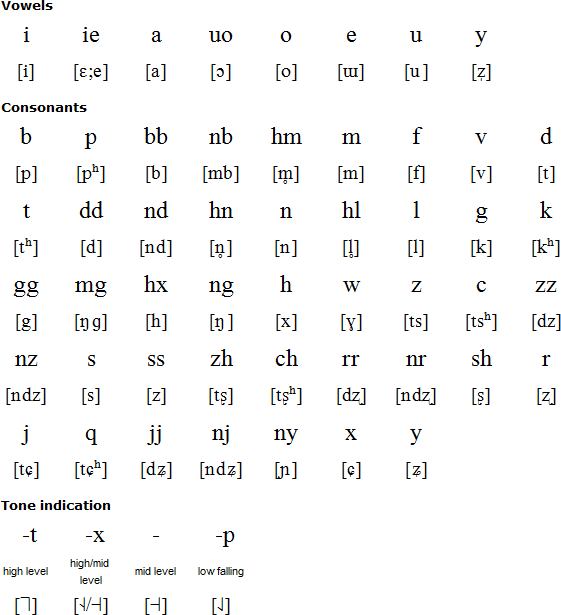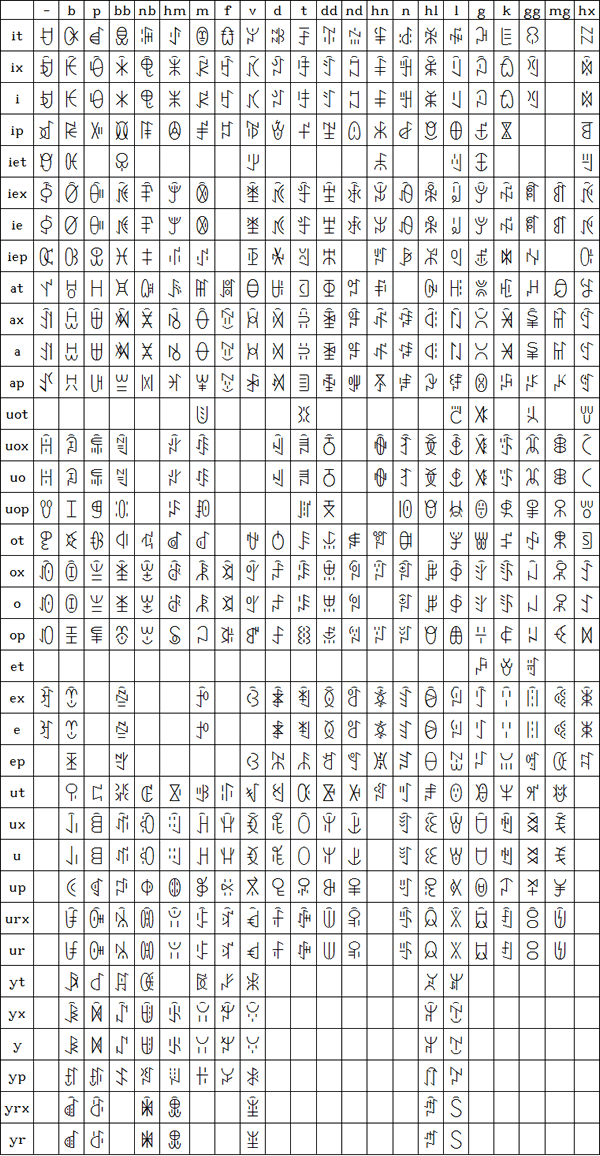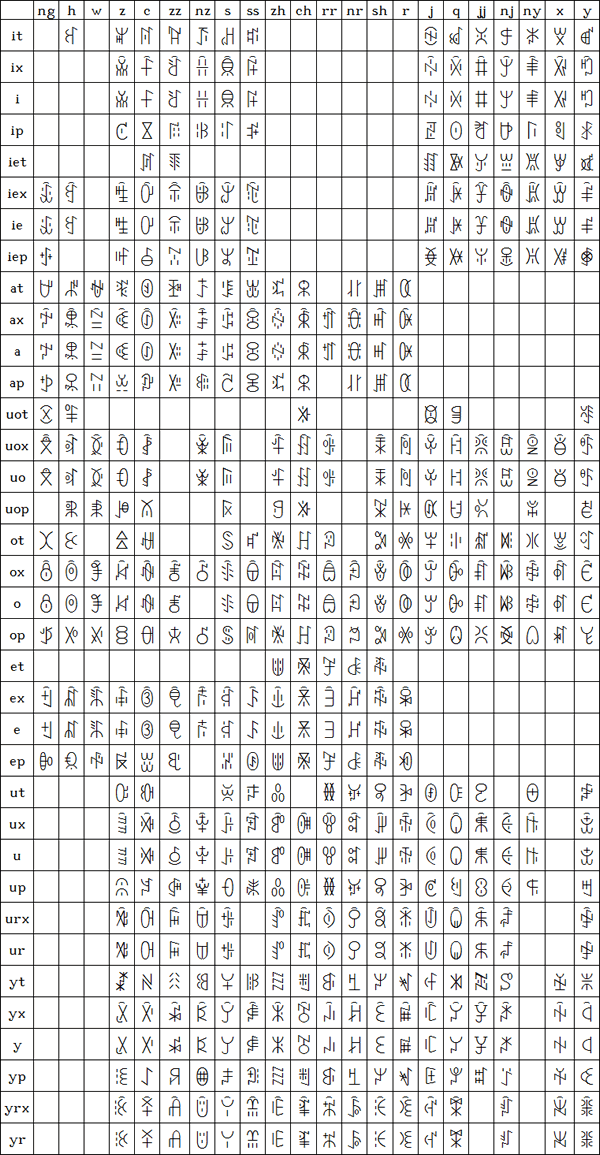关于语言书写系统拉丁化/罗马字化的问题讨论
节选转自duome论坛,除了我发的部分以外,还有德国和葡萄牙友人的留言。
-PtolemysXX
ararat-tempest wrote:
I think if a language wanna get attention of the world, it has to be easy to get into, and its written form should be convenient to use.
Neither Chinese nor Japanese are easy to get into yet they enjoy incredible attention ;). Not even English is easy to get into, let alone convenient to use (think about the chaotic spelling)... Easiness is not a criterion for grabbing attention, obviously there are other factors that prevail.
ararat-tempest wrote:
there's nothing wrong with the Arabic alphabets but I do think it's not convenient to use. though these kinds of writing system with final, initial, medial and isolated forms may make a beautiful appearance while writing, it's hard to remember for beginners and might increase the time of learning and mastering.
It is not that bad. If you look from another perspective the Arabic script is based on only few basic patterns (fewer than the Latin alphabet). Once you get a hang of it you then realize how fast you can write it. It's been designed for speed writing. The difficulty of different letter forms at different positions may be compared to capital letters in the Latin alfphabet. Strictly speaking we don't need them (we don't pronounce capital letters differently) and they are an additional burden for the learner.
If it were so bad, the writing systems of languages like Farsi or Urdu for which the Arabic script is less-than-optimal would have been changed long by now. Sticking to the Arabic script has a strong emotional component that also carries a religious message. The romanization reforms of other Turkic speaking nations in the area may be due to the fact that they had already been deprived of that heritage and now want to shed the writing system that might be considered as imposed on them by their oppressor.
I don't want to make any statement which writing system is the best. Let the nations decide themselves what suits them. The author of the article that you quoted puts it nicely:
any reform that isolated from the people will be failed.
And then, quoting another scholar:
some people say we should reform the writing system. I said no and we cannot reform the writing system right now. We cannot treat a nation’s writing system as a joke. We changed the writing system every twenty years.
-Explorer
There have been some attempts to latinize Chinese in the past. In the early 20th century, there was a movement known as the latinxua sin wenz (拉丁化新文字), which advocated for the adoption of a Latin-based phonetic writing system to replace Chinese characters. However, the project was met with resistance from traditionalists and faced practical challenges, leading to its limited implementation.
I understand the reasons for latinizing languages, but if you ask me, I wouldn't want the Chinese characters to disappear. Most of the Chinese people I've met still want to preserve hanzi, although they also acknowledge that they sometimes struggle to remember how to write them correctly. @ararat-tempest As a Chinese native speaker, what do you think will happen in the future?
-我 (ararat-tempest)
the problem is the point of a language learner, or a language researcher, or a culture protector, or a normal person. I'm a language learner and have interests on language research, so I concentrate on "easiness" and care about the writing system. yeah, English isn't easy to get into at the start, and I never say English is easy, but look at Esperanto if you like.
maybe your native language is Arabic script related, so you said that wasn't a big issue. the "easiness" is very personal I'd say, but comparing with the population of Latin script users...
I don't want to make any statement of which writing system is good or bad, they're just what people got used to be after all. this stuff is like art I suppose, people tend to be subjective all the time.
I don't want Chinese characters to disappear either, but the Chinese language can be Latinized. so we can learn from Serbia, let the two writing systems go hand in hand.
but speaking personally, I really hate the traditions which might get in the way of "cultural improvement" (eg. superstitions). well, okay, I totally agree it should be Latinized like Vietnamese! I do have struggle to remember some characters and using Chinese input is a chore I have to say! there are way tooooooooooooooooo many traditionalists in China, and 拉丁化新文字 will be only a dream if these guys are still around, sigh.
my parents said I had already known 1000 Chinese characters when I was only 5 or 6 and was able to read newspapers. but what I thought was, "won't it be better if we use pinyin only and every Latin alphabet has only one sound for Chinese? won't I have more time to learn other stuffs?" no joke, I had that kind of thought in my childhood.
-Explorer
In that case, perhaps Chinese isn't fully latinizable. Any other phonetic transcription system would have the same problem with homophones.
In Chinese there are words that are pronounced exactly the same, even with the same tone. I think this gives rise to some jokes and puns. Maybe our Chinese friends can give us some funny examples .
-我 (ararat-tempest)
I was thinking of this problem last night before I slept. but how about something like this...
use "v" instead of "ü".
use tone letters instead of original pinyin. this would make the input faster. (let me borrow Zhuang's tone letters with the same idea. 阴平, 阳平, 上声, 去声 = h, q, x, z, 轻声 has no tone letter.)
when you meet a homophone, add a number.
every word stands out instead of every character.
use ' to indicate every character in a word.
eg.
张老师喜欢绿色。
章老师喜欢绿色。
pinyin: zhāng lǎo shī xǐ huān lǜ sè.
my idea:
zhangh1 laox'shih xix'huanh lvz'sez.
zhangh2 laox'shih xix'huanh lvz'sez.
people have to remember whether it's 张 - 1 or 章 - 2. so, it's not a fully functional idea.
but I have a plan B.
how about, use the initial consonant of the 部首 to indicate? this wouldn't be a chore to remember.
so, it should be like this,
zhangh-g laox'shih xix'huanh lvz'sez.
zhangh-l laox'shih xix'huanh lvz'sez.
explanation: 张, 弓字旁, 弓 = gōng, so it's "g". 章, 立字旁, 立 = lì, so it's "l".
much better, huh?


















